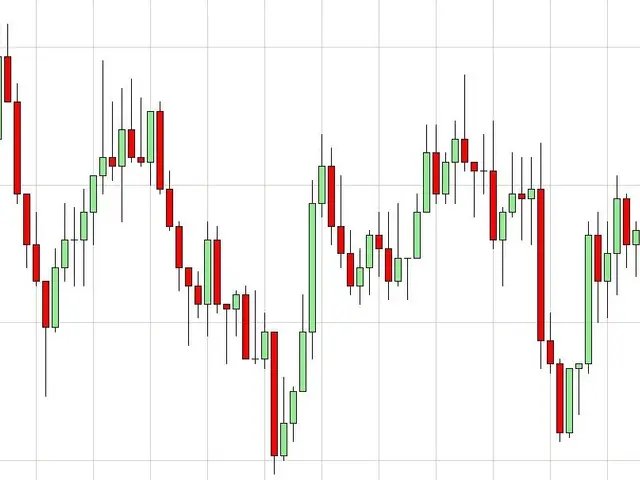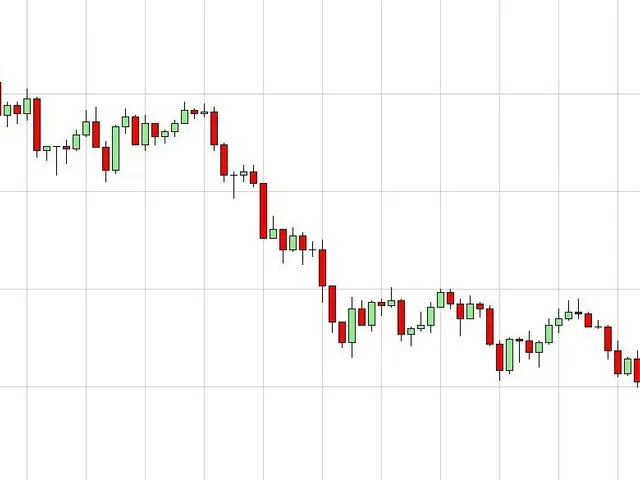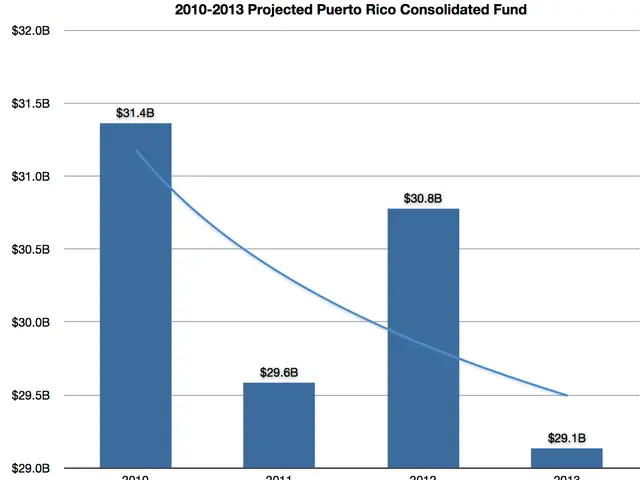Bayer's predicament: Essential measures needed for stock recovery
In a significant shift for the German pharmaceutical and agricultural giant, Bayer's stock has seen a dramatic drop, losing over 85% of its value since its highs. This decline has been influenced by a variety of factors, including a downward trend in earnings expectations, a reduced dividend, and lowered price targets from analysts.
Recently, Bayer lowered its outlook again, indicating a prolonged period of decreased earnings. This downward trend shows no signs of reversing, with expert Sebastian Bray from Berenberg lowering his price target for the Bayer stock from 28 euros to 22 euros. Despite this, Bray has kept his rating for the Bayer stock at Hold, suggesting that a recovery may not be imminent.
Analysts at Berenberg are not alone in their skepticism about Bayer's stock. TradingView provides a chart for the Bayer stock, which shows a potential for further sliding below the 20 euro mark, continuing the downward trend. Notably, there is currently not a single buy recommendation for the Bayer stock.
However, there are several key factors that could potentially lead to a rebound for Bayer's stock. One such factor is the resolution of the ongoing legal disputes in the US surrounding glyphosate, Bayer's controversial weedkiller. If these lawsuits settle or are resolved favourably, it could remove a significant overhang on the stock and restore investor confidence.
Another factor that could boost Bayer's stock is improved trade relations and tariff reductions. Bayer’s agricultural chemicals division and consumer health segment could benefit materially from reductions in tariffs on raw materials and goods, especially if a U.S.-EU trade deal or tariff pause extension is achieved. This would lower input costs and mitigate risks linked to trade wars.
The OECD's Pillar Two global minimum tax agreements could also provide a stabilising factor for Bayer and other multinational companies, reducing profit volatility and offering more stable earnings prospects.
Moreover, Bayer’s pharmaceutical division has promising drugs in its portfolio, such as the high-dose Eylea for wet age-related macular degeneration, which has gained approvals and could drive revenue growth. Positive regulatory developments and pipeline progress could support a rebound.
Lastly, a resurgence in German equities amid regulatory clarity and positive macroeconomic shifts, including easing trade tensions and solid analyst guidance, could lift Bayer along with other DAX blue chips.
In summary, Bayer’s stock rebound potential hinges on settling legal liabilities, benefiting from trade optimism and tariff relief, stable tax frameworks, and growth from new pharmaceutical products combined with broader market confidence in German multinational companies. While the road to recovery may be long, these factors offer a glimmer of hope for investors.
Investors might find hope in potential developments for Bayer's stock, such as the resolution of ongoing legal disputes involving glyphosate, improved trade relations, global minimum tax agreements, growth from new pharmaceutical products, and a resurgence in German equities. These factors could contribute to a rebound for Bayer's stock, although the road to recovery may still be long. Despite analysts maintaining a hold rating on Bayer stock and expecting prices to drop below 20 euros, there is potential for investing in the stock given these factors.






